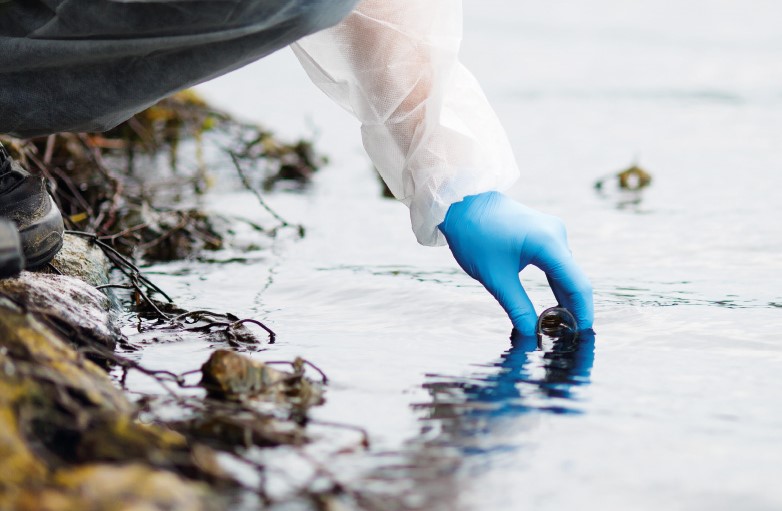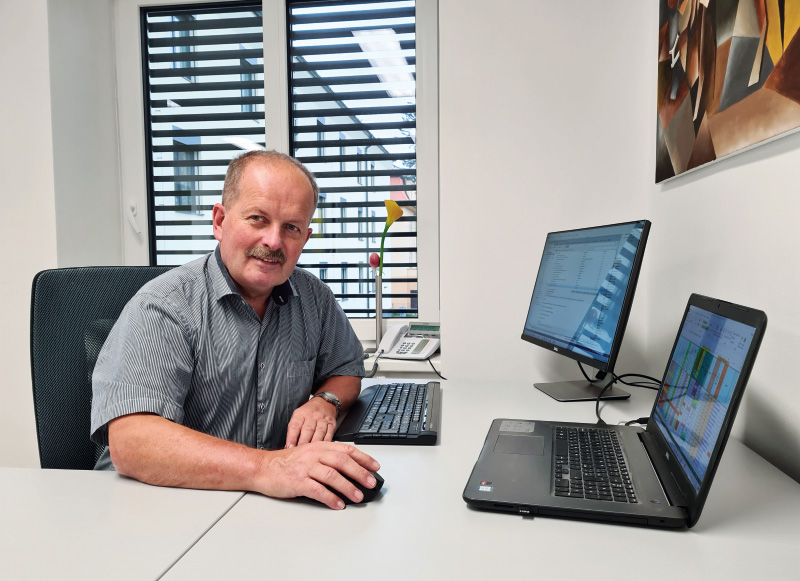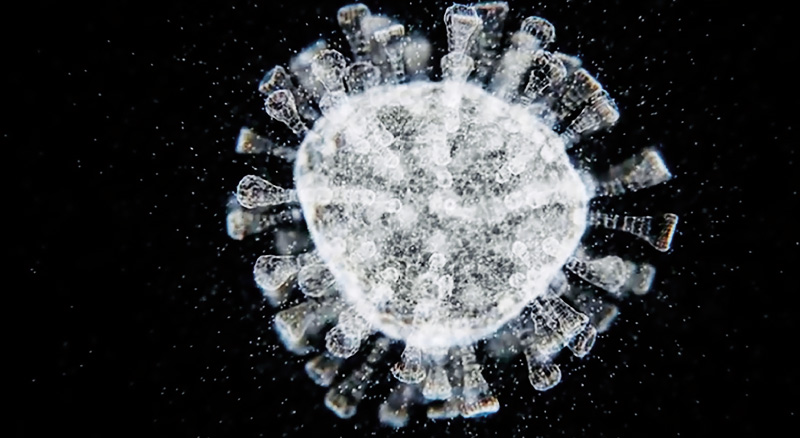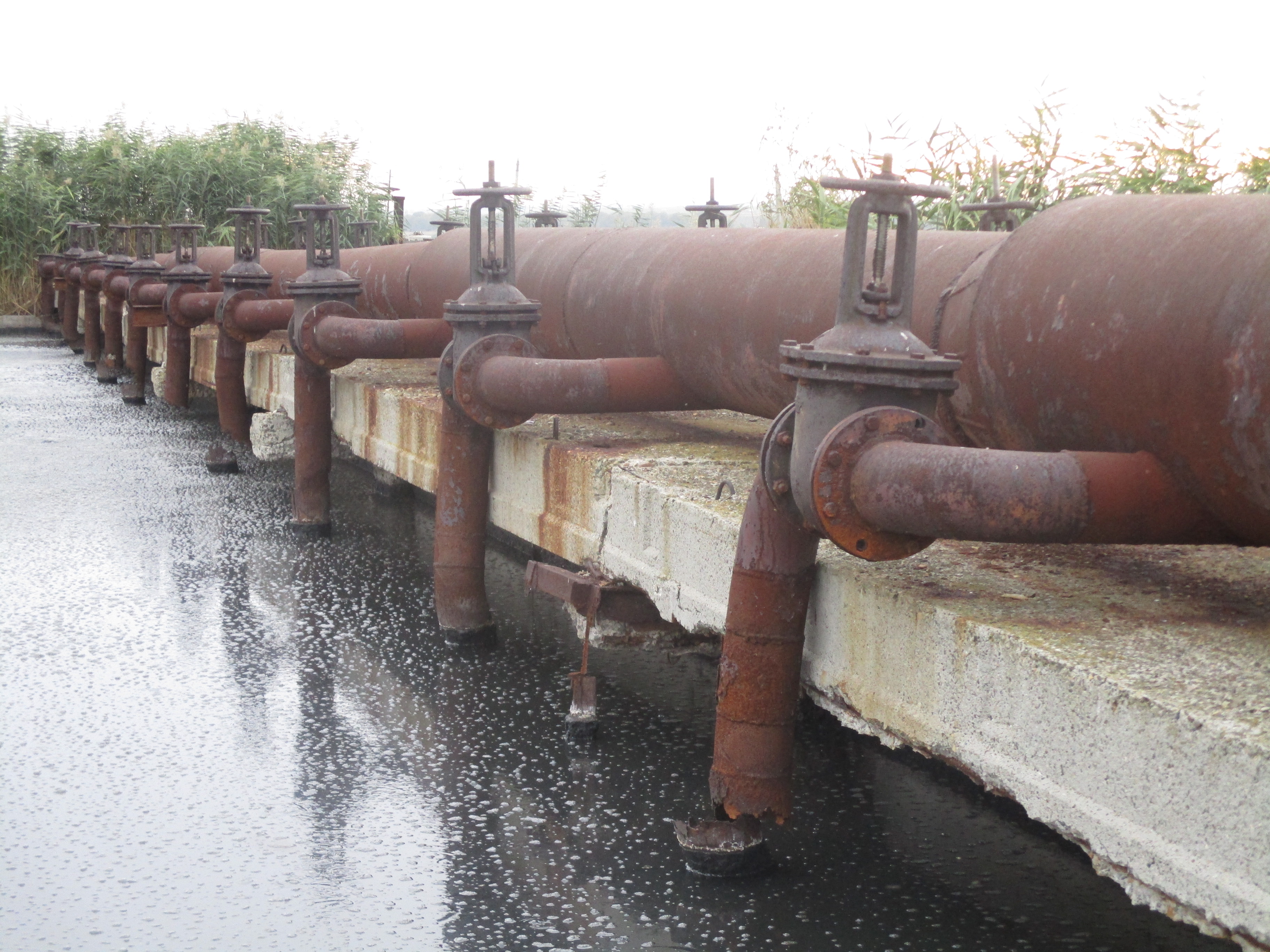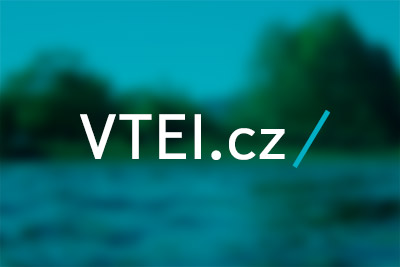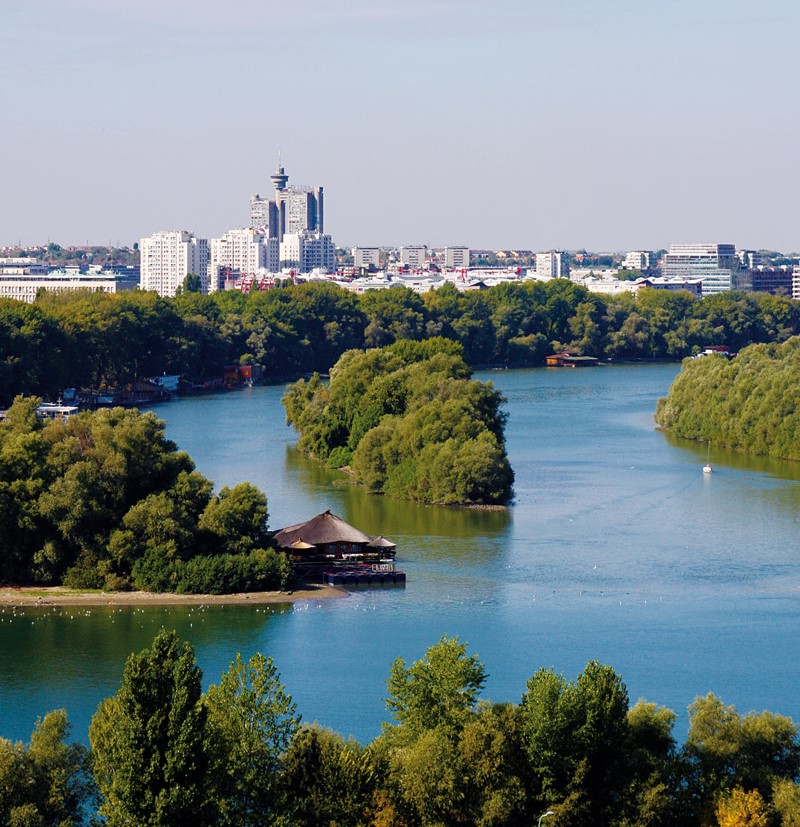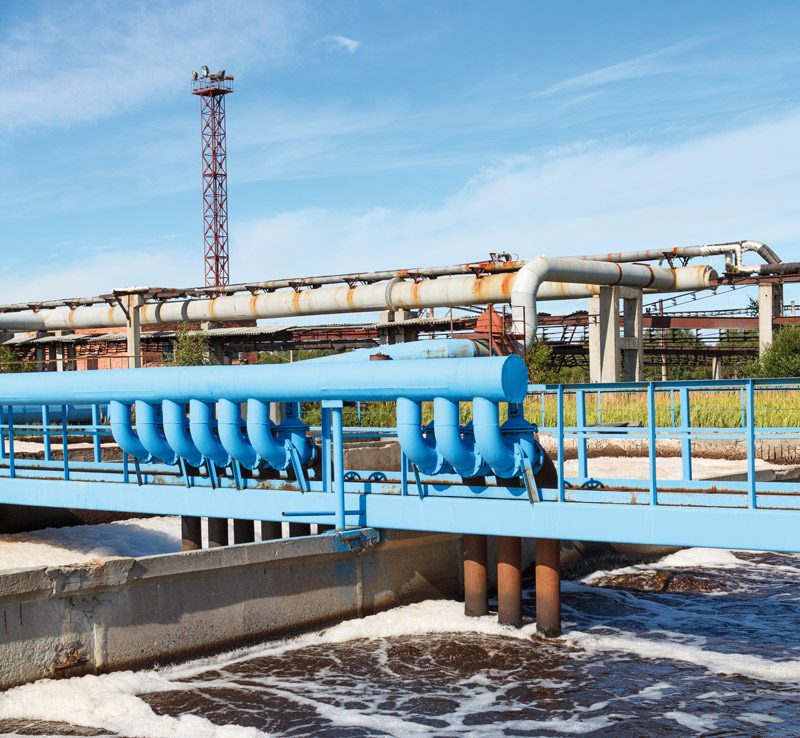Recast of the Urban Wastewater Treatment Directive brings new challenges not only in the water management sector
This article presents the main elements of the recast of Council Directive 91/271/EEC concerning urban wastewater treatment, which lays down rules for the collection, treatment, and discharge of urban wastewater in order to protect the environment and human health. In addition to strengthening existing requirements, the text of the new Directive, as provisionally agreed, introduces a significant number of new obligations to be achieved within ambitious deadlines.



